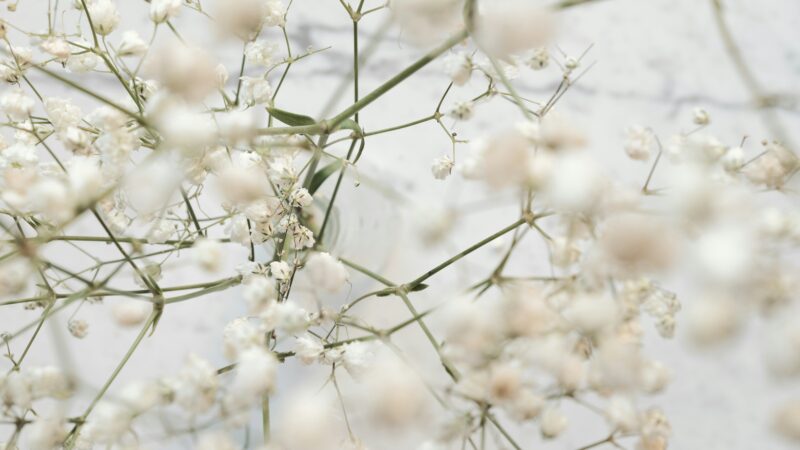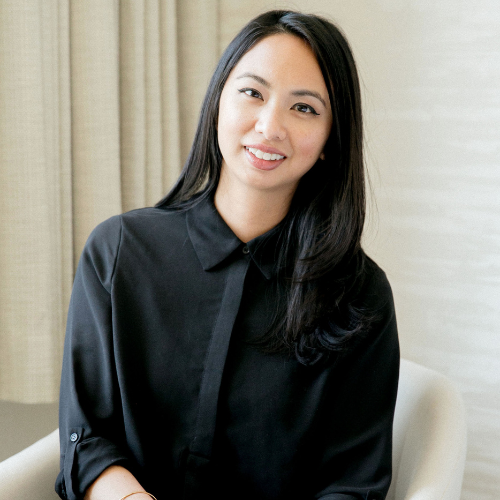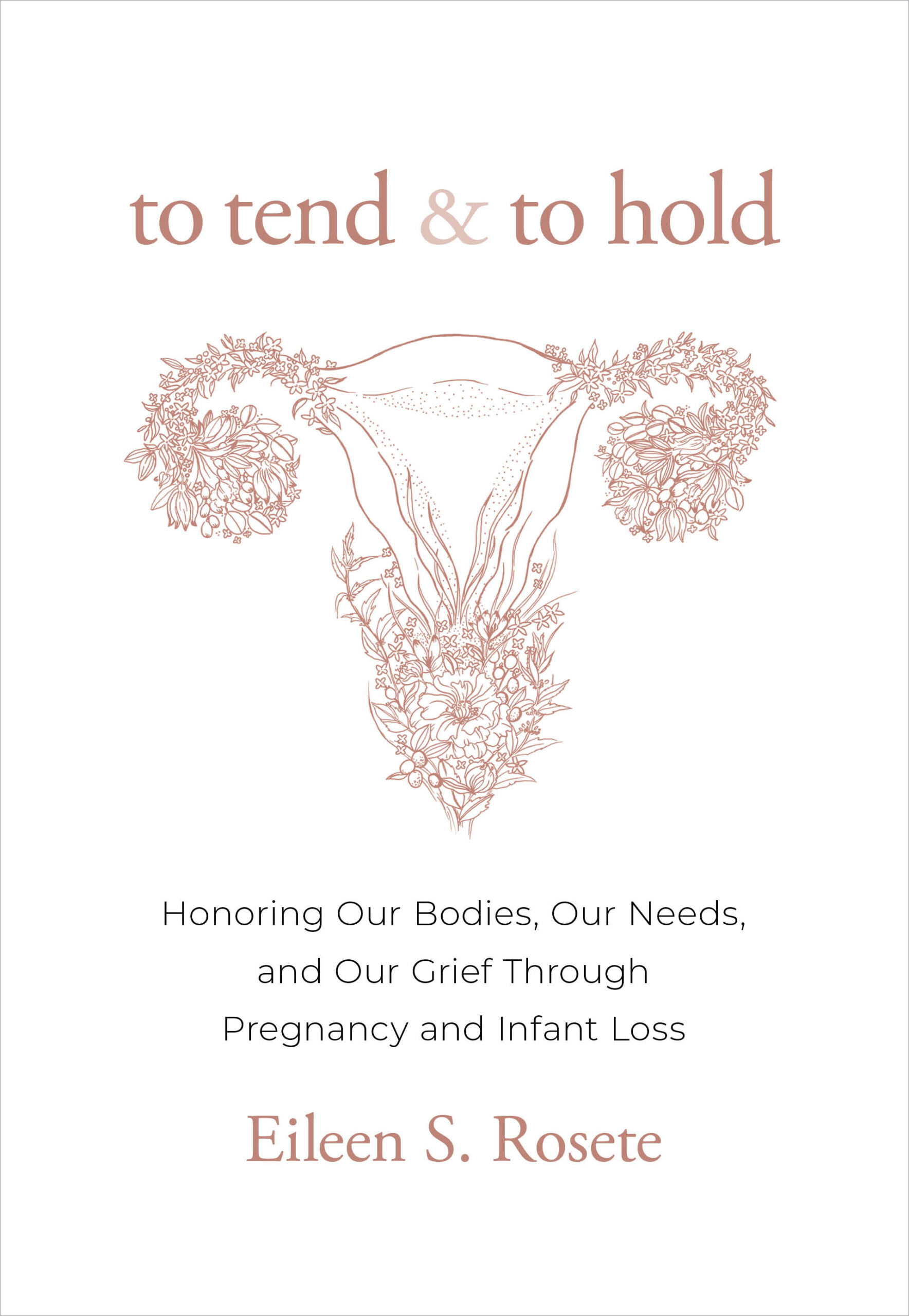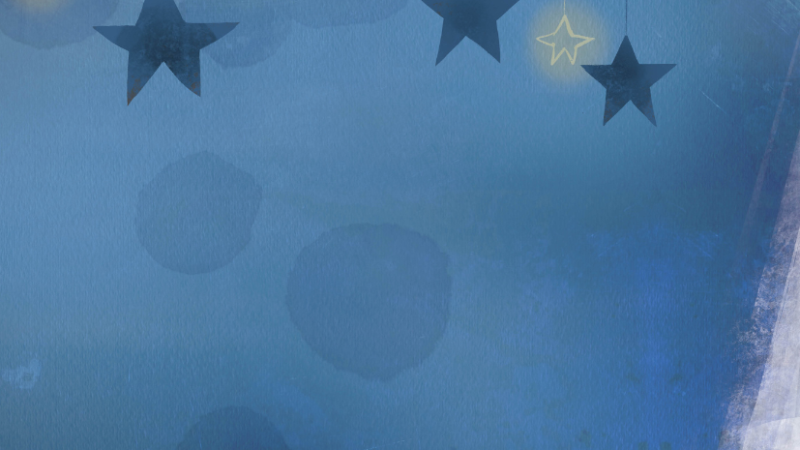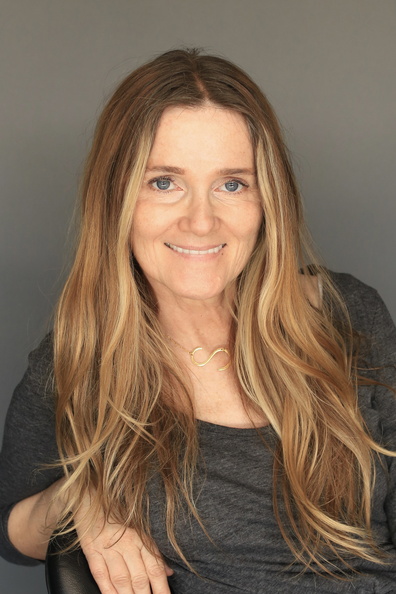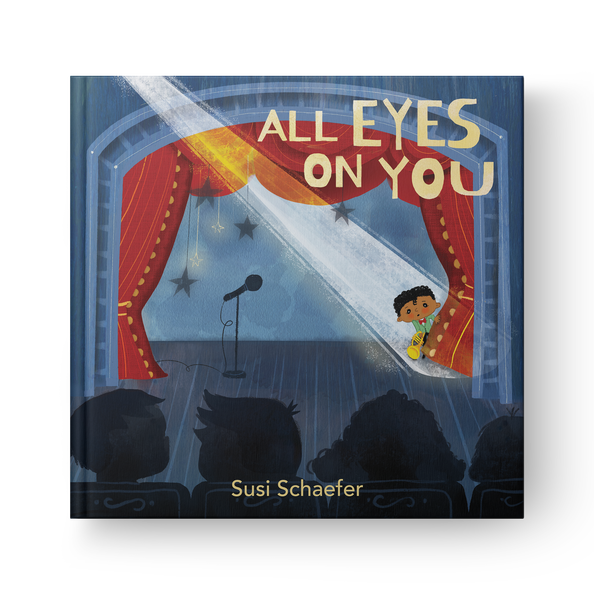This is a new day. A mindful day. Our day.

It’s still dark
when one small bird
fluffs his feathers
And lifts his voice
To sing up the sun.
Snuggled deep in our dreams,
we hear his clear song.
And we open our eyes
To the gift of a new day.
This day.
Our day.

Years ago, we attended a family meditation retreat with the beloved Buddhist teacher Thich
Nhat Hanh. The children loved him. He showed them how to count their breaths from one to
ten. (The best part was finding ten perfect stones to move from one pile to another.) During
walking meditation, he urged them all ahead with a running meditation. Another time, the
children served tea to the adults, moving carefully and slowly, focused intently on the task at
hand.
Today, there is growing recognition that practicing mindfulness has benefits for children
regardless of religious or spiritual background. From preschools to middle schools, educators
are incorporating mindfulness into their learning communities as a way to help young people
cope with emotions and anxieties.
Mindfulness can also start at home. Here in Oregon, the OPEC (Oregon Parenting Education
Collaborative), a public-private parenting education effort, provides evidence-based parent
resources on mindfulness: “The Benefits of Practicing Mindfulness with Children at Home.”
I hope my new picture book, Mindful Day, with gorgeous illustrations by talented California
artist Shirley Ng-Benitez, will also be helpful to families. Rather than a how-to, the story instead
follows a young girl, along with her mom and little brother, as they go about the simple,
ordinary activities of a day: eating breakfast together, getting dressed, brushing teeth, and
going to the market.

Shirley’s child-friendly artwork makes the characters come to life and examples of how to
practice mindfulness are integrated into the text. As the young girl pops a raspberry into her
mouth she says, “I chew slowly. It tastes sweet as summer.” She also practices being aware of
her breath. “Together we breathe: in out, soft slow. I look and listen. I play.”

Mindful Day was inspired by the time I’ve spent with my toddler grandson. I hope readers will embrace Mindful Day and make mindfulness part of their own family life. In this way, we can better treasure each precious moment—and help our children learn to do the same.
 Thank you,
Thank you,
Deborah Hopkinson
Deborah Hopkinson has a master’s degree in Asian Studies from the University of Hawai’i at Mānoa, where she studied the role of women in thirteenth-century Japanese Buddhism. She lived in Honolulu for 20 years and practiced Zen Buddhism with the late Roshi Robert Aitken, founder of the Diamond Sangha and Buddhist Peace Fellowship. She lives near Portland, Oregon. For more, visit deborahhopkinson.com.
Learn more and buy now
Sounds True | Amazon | Barnes & Noble | IndieBound



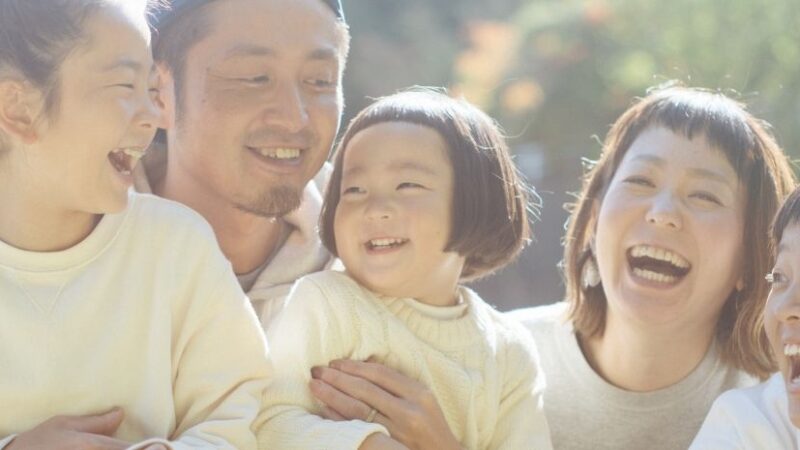
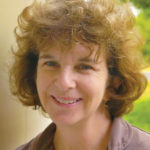 Deborah Hopkinson has a master’s degree in Asian Studies from the University of Hawai’i at Mānoa, where she studied the role of women in thirteenth-century Japanese Buddhism. She is the author of
Deborah Hopkinson has a master’s degree in Asian Studies from the University of Hawai’i at Mānoa, where she studied the role of women in thirteenth-century Japanese Buddhism. She is the author of 

